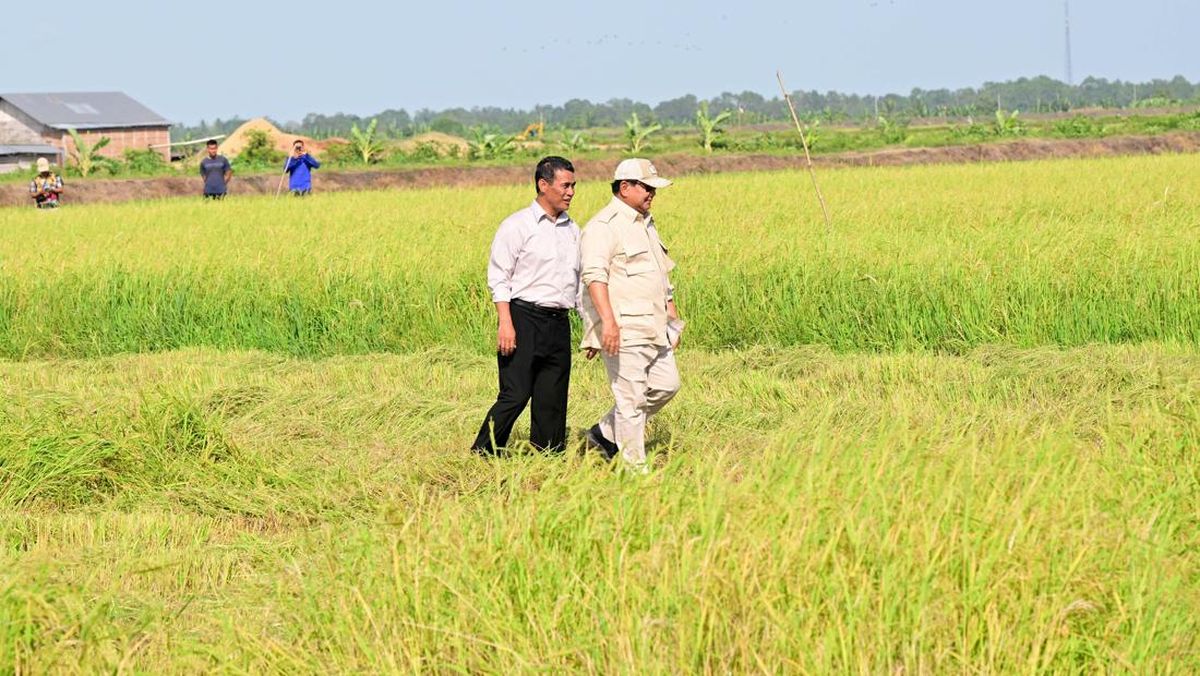Indonesia's Food Estate Program aims to bolster national food security by developing large-scale agricultural zones. This initiative seeks to address declining farmland and a decreasing number of farmers, ensuring a stable food supply for the nation's growing population.
Objectives and Strategies
The primary goal of the Food Estate Program is to achieve food self-sufficiency by increasing domestic production. This involves improving yields on existing farmland and developing new agricultural lands. The program integrates various sectors, including food crops, horticulture, estate crops, and livestock, to create a comprehensive and sustainable food system.
Challenges Faced
Despite its ambitious goals, the program faces several challenges:
- Environmental Concerns: The expansion into fragile ecosystems, such as peatlands, raises environmental concerns. Draining peatlands for farming can accelerate deforestation, contribute to carbon emissions, and increase the risk of forest fires. Environmental organizations emphasize the need for rigorous sustainability measures to mitigate these impacts.
- Water Management: Effective irrigation is crucial for the success of the food estates. However, challenges in water management, including the construction of adequate irrigation channels, have hindered progress in certain areas. Addressing these issues is essential to ensure optimal growing conditions for crops.
- Socio-Economic Impacts: The implementation of large-scale agricultural projects can affect local communities, particularly smallholder farmers. Ensuring that these communities are not sidelined and are instead empowered through "corporate farming" systems is vital. This approach includes providing modern tools, advanced production methods, and effective marketing strategies to integrate local farmers into the broader agricultural framework.
Opportunities for Improvement
To enhance the effectiveness and sustainability of the Food Estate Program, the following strategies can be considered:
- Sustainable Practices: Adopting sustainable agricultural methods is essential to minimize environmental impacts. This includes preserving natural ecosystems, implementing responsible land-use practices, and promoting biodiversity within agricultural zones.
- Community Engagement: Involving local communities in the planning and implementation phases ensures that their needs and knowledge are incorporated. This participatory approach can lead to more socially equitable outcomes and enhance the program's acceptance and success.
- Infrastructure Development: Investing in essential infrastructure, such as irrigation systems and transportation networks, is crucial. Proper infrastructure supports efficient production and distribution, reducing post-harvest losses and improving market access for farmers.
Conclusion
Indonesia's Food Estate Program represents a significant effort to achieve food self-sufficiency and enhance national food security. While the initiative holds promise, addressing environmental, infrastructural, and socio-economic challenges is imperative. By implementing sustainable practices, engaging local communities, and investing in necessary infrastructure, the program can contribute to a resilient and secure food system for Indonesia's future.
Read More






 Wednesday, 25-02-26
Wednesday, 25-02-26







